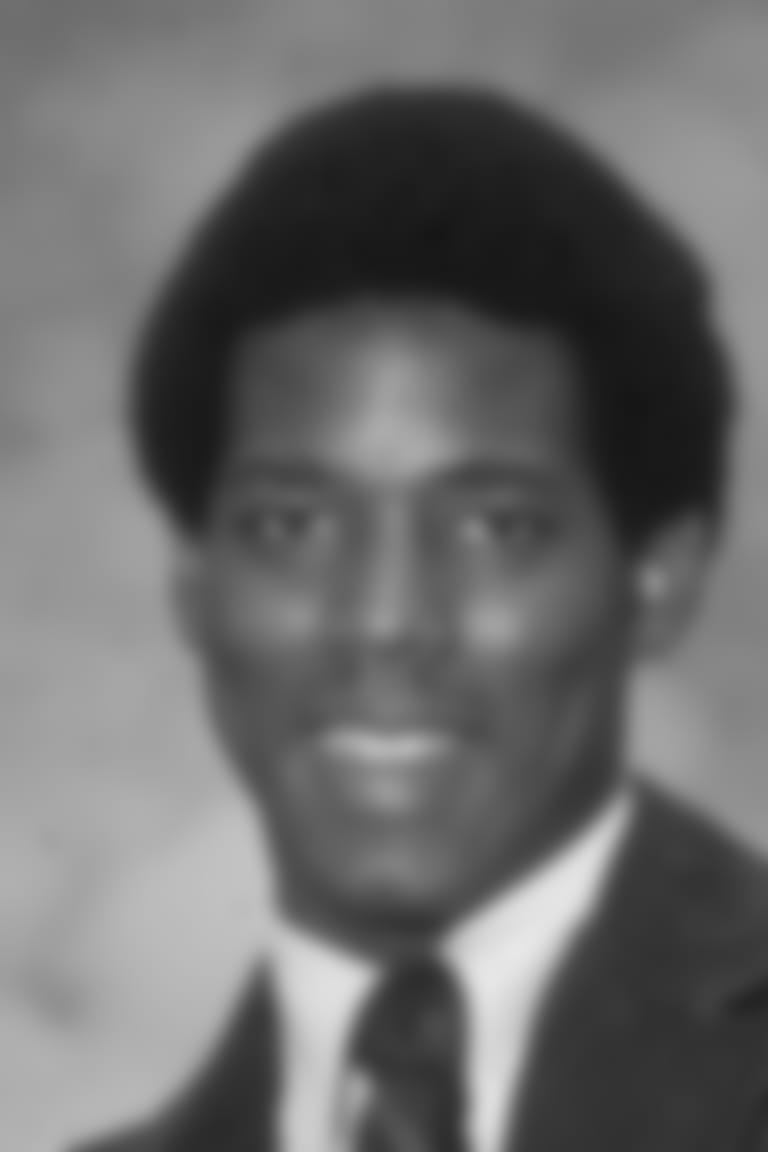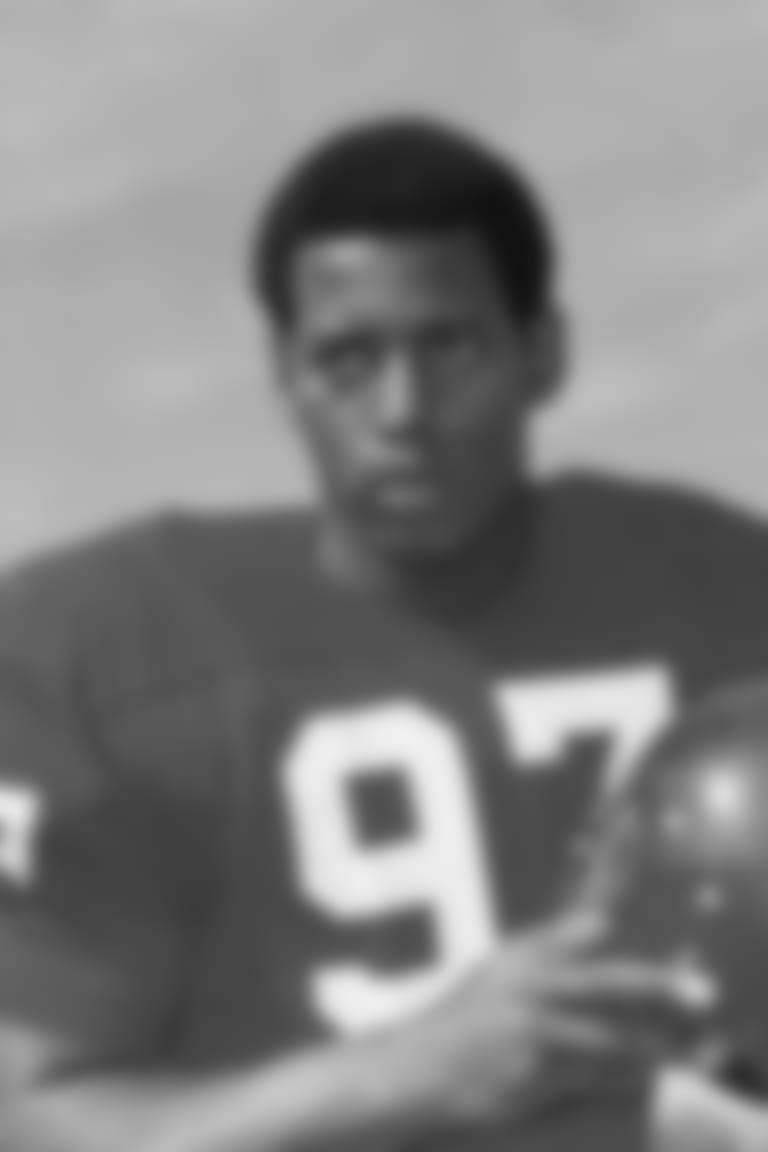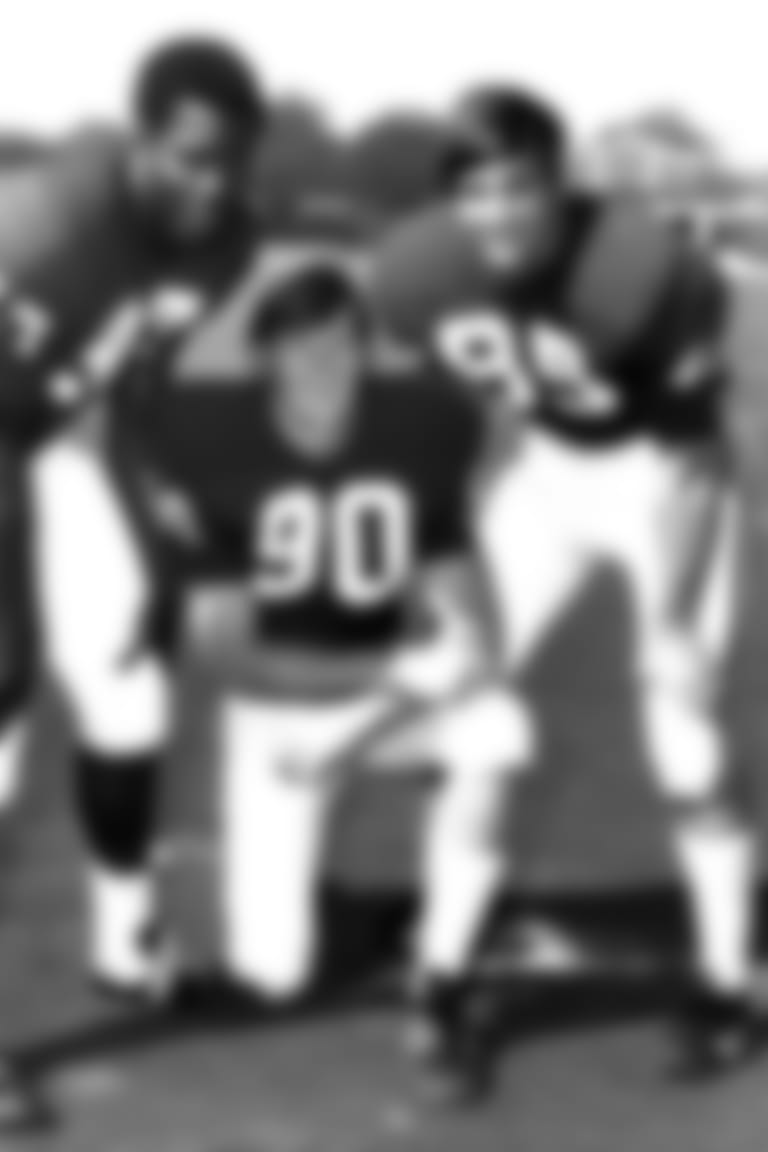In celebration of Black History Month, we take the time to recognize and reflect on the thoughts and contributions of members of the Steelers organization. Today we look at the career of Assistant Head Coach John Mitchell, who was the first black player, captain, All-American and assistant coach at the University of Alabama.
Like many young kids growing up in Mobile, Alabama, John Mitchell dreamt about going to the University of Alabama.
But like so many young kids growing up in his Mobile neighborhood, at the time that he did, he knew that it was most likely nothing more than that – a dream.
Mitchell was born in 1951, a time when there was segregation in Alabama and throughout the South. And it wasn't just in the schools where it was felt, it was everyday life where blacks and whites were separated, and he had to deal with every aspect of it.
"It was pretty tough as a kid growing up, especially right there in Mobile and the state of Alabama," said Mitchell. "People talk now about confederate flags, at that time they were everywhere, in the stores, shopping centers. If they had a confederate flag in the window or outside the door, that was a sign that people of color were not welcome. At that time schools were segregated. There were black schools and white schools. Transportation was segregated. Black people would pay the same as white people but had to sit at the back of the bus. If they bus was crowded, they had to get up and give their seat to a white person. They had separate restaurants, shopping. Black people, if you went to the movies, you had to go through the back door to go in and then they couldn't sit in the front of the theater, they had to sit in the balcony."
Mitchell often wondered why. Why was there such a divide, a divide highlighted by those who lived on the other side of the railroad track.
"I asked my parents (John Sr. and Alice Mitchell) questions," said Mitchell. "They told me black people were treated a lot different than white people. You had to be aware of your surroundings and the things you did. Right there in Mobile, where I went to high school, there is a railroad track that goes right through the city. When I went to the other side of that track, if I was there after 6 o'clock, black people were arrested for trespassing because they were in a white neighborhood and most of the time, they said you had no business there.
"My parents were cognizant of me not being where I shouldn't be at certain hours of the night. When I would go out as a young guy, dating in high school, they told me places I could go, places I shouldn't go. They would stay awake until I got home to make sure I was okay, that I came back the same way I left. There were a lot of things back then that were really, really tough for African Americans, especially in the state of Alabama, especially in Mobile where I grew up."
But there was one love Mitchell always had, and race didn't impact it. He loved Alabama football. He would watch games on television with his family, or listen on the radio, and dream about the opportunity to go to Alabama and possibly play football one day for legendary coach Paul 'Bear' Bryant.
Then, he witnessed what so many others did. On June 11, 1963, two black students, Vivian Malone and James A. Hood, showed up at to register at Alabama. Alabama Governor George Wallace stood in the doorway and blocked them from entering. Despite federal agents trying to intervene, Wallace didn't budge, and President John F. Kennedy ordered the Alabama National Guard to assist. Eventually Wallace gave in and allowed them to register.
"I can remember as a young kid when Governor Wallace stood in the doorway at the University of Alabama, not going to admit Vivian Malone and James Hood to the University," recalled Mitchell. "Growing up as a young kid in Alabama in the 1950s and 60s, I saw a lot of things."
















